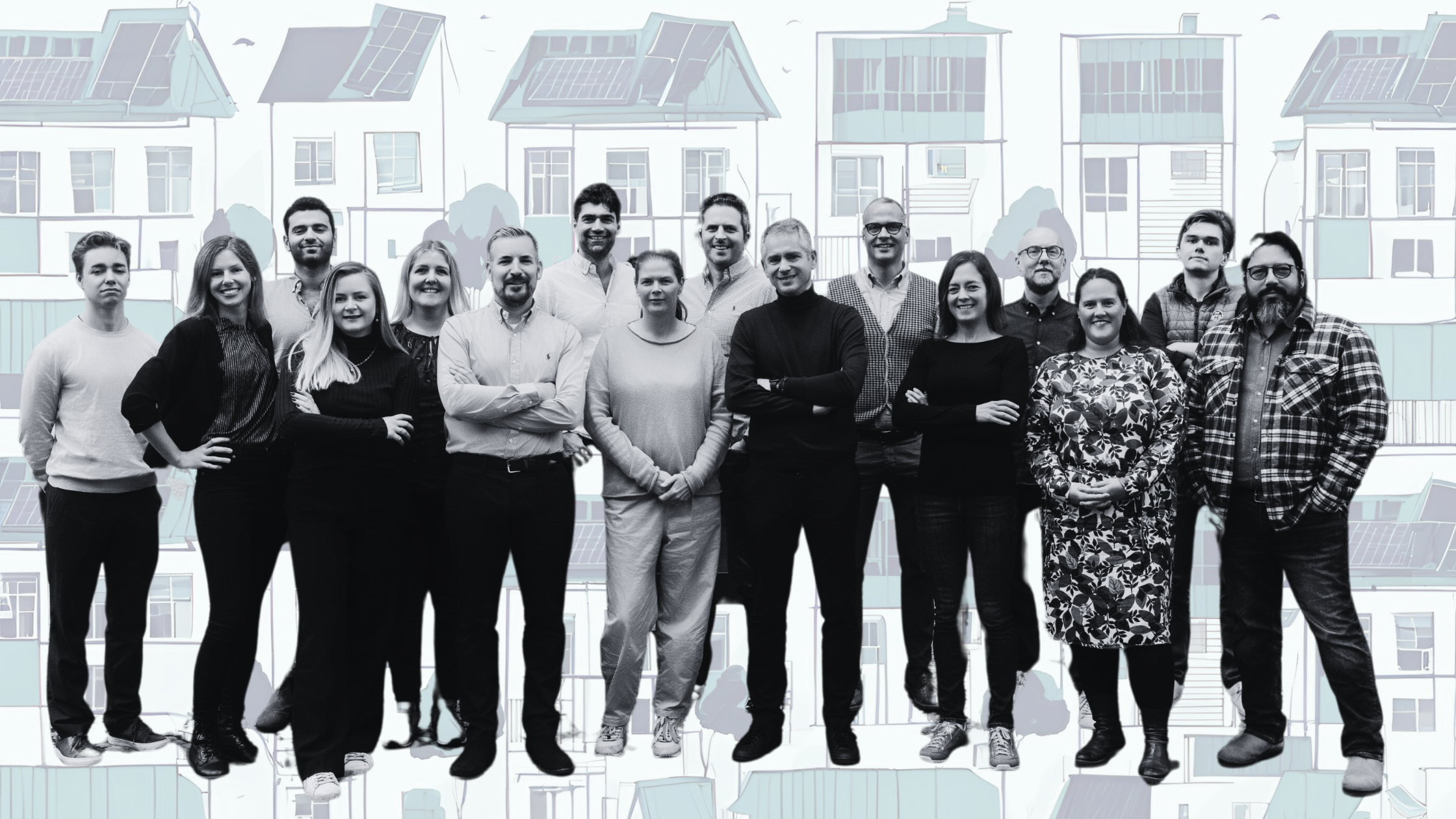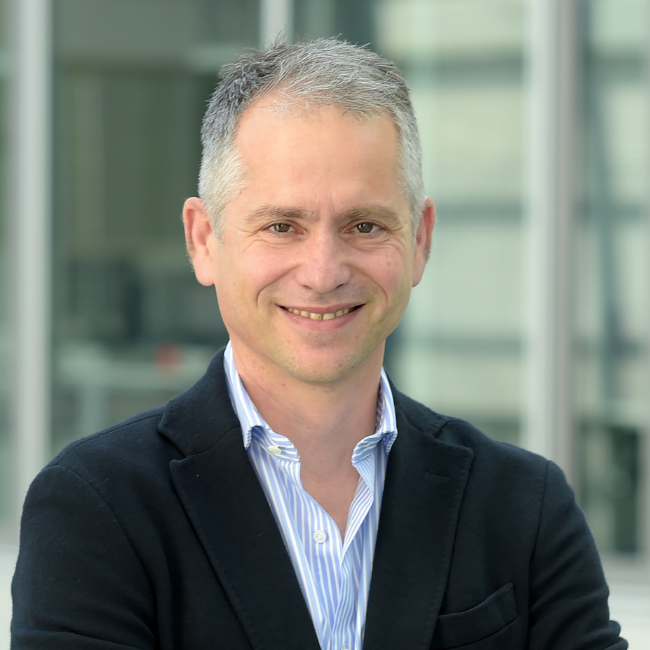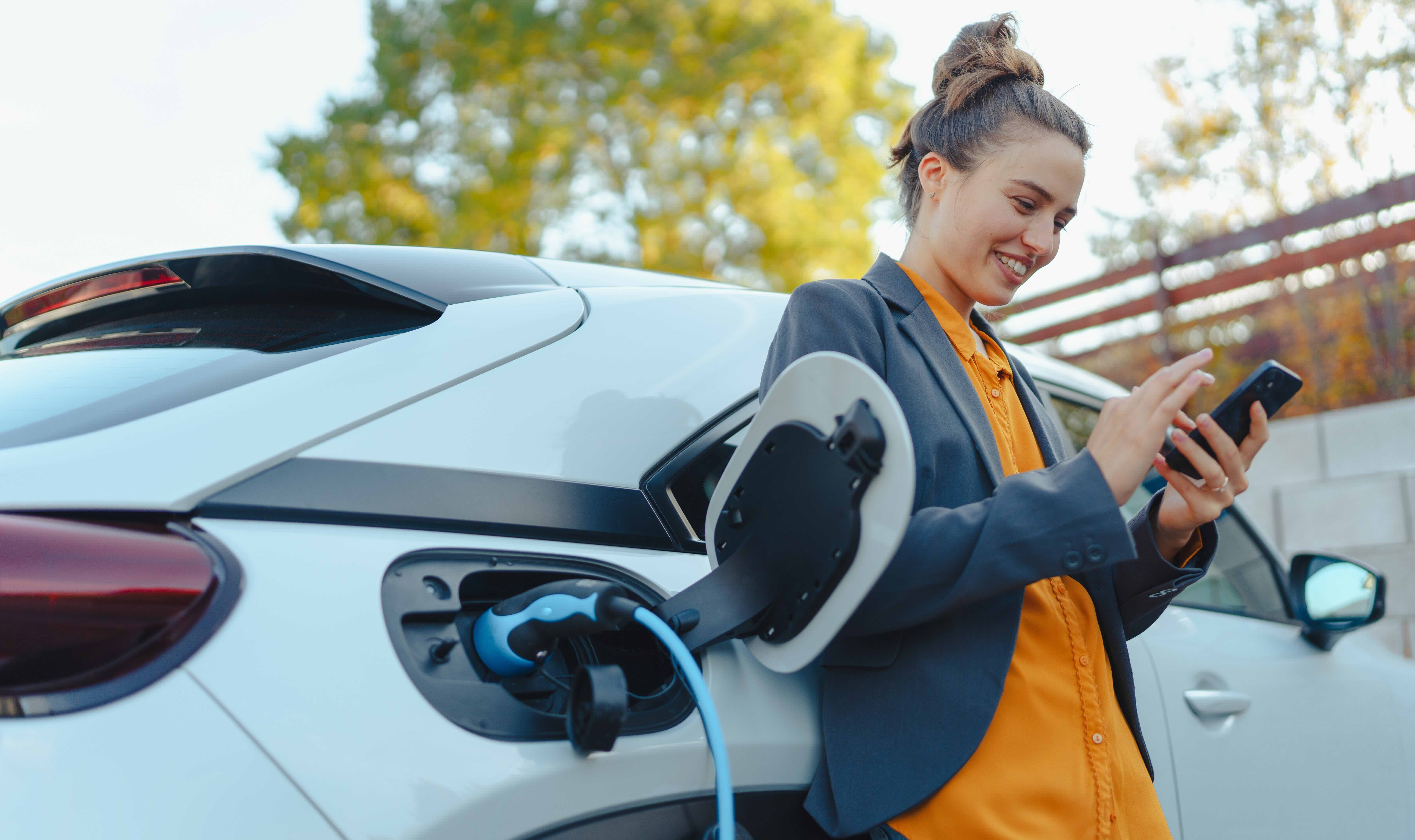Investors can find opportunities in startups that can overcome the roadblocks in the solar and electric vehicle markets, says FEV's Jan Lozek.

“Solar is a disaster and the EV market is struggling,” says Jan Lozek, managing director of corporate-backed VC firm Future Energy Ventures (FEV), which invests in startups that can help bring about the energy transition.
Germany, where FEV is headquartered, has been among the most fervent installers of solar energy in recent years, to the point where it is now a larger part of the grid than fossil fuels. But that has led to grid instability, as sunny days produce more energy than there is demand for, sending prices tumbling. At the same time, international conflicts and job insecurity are superseding climate change in the minds of consumers across Europe, making them less willing to pay for clean energy systems.
Although electric vehicles (EVs) are making up a larger proportion of new car sales, overall sales in both the US and Europe have not hit the heights expected by many.
“There are a lot of challenges overall in our markets,” says Lozek (below). But all of this can be turned into an opportunity for venture capital investors, he says. The more crises there are, the more room there is for startups with the technology to solve them.

“What is interesting is that we are seeing a decent number of deals on the early-stage development side. And we have seen a lot of challenges from the huge buildup of EVs in the last few years, and also in renewable energy, so there are a lot of topics and a lot of problems to be solved.”
FEV began life as the corporate venturing arm of German electric utility RWE, which was subsequently bought by competitor E.ON. The unit spun out of E.ON in 2022 but retains it as a backer, and Lozek believes FEV’s strong roots in the energy sector give it a sense of what technologies are needed to solve the acute problems in the industry.
More specifically, the technologies are often digital-first. Recent FEV investments include Piclo, developer of a decentralised energy marketplace, and Reev, which automates EV charging.
“We are seeing a lot of opportunities, especially on the early-stage side,” Lozek says. “And with that market situation, it means pricing is also quite attractive.”
In addition, while growth rates for a lot of startups may have slowed from the expectations set during the recent boom years, many startups in the energy sector are still growing.
“The kinds of companies we have invested in in the past are growing decently even in the current market environment. If you took a look at the top 10 companies from our first fund, business growth, pessimistically, is 50% and optimistically it is 75%,” Lozek says.
“There is growth. Maybe it’s just that we’ve gone from fantastic and great to just normal growth. So, we shouldn’t complain, it’s just that the market was expecting more, so we then feel like it’s a disaster.”

Lack of exits is making the fundraising environment challenging
VC firms have found it difficult to raise new funding in the current climate. FEV, too, has taken longer than hoped to raise cash for its second fund. It received a €40m commitment E.ON, two years ago and started making the first investments. But the fund is still some way off its original €250m ($264m) target.
Lozek however says the finishing line is now in sight.
“By the end of November, we will be above €160m for the fund,” he says. “So, we are definitely near where we want it to be by the end of this year.”
Fundraising has been challenging, Lozek adds, partly due to an exit market which remains stagnant for startups in general, particularly on the public markets side.
Lozek says the fund’s limited partners include CLP, an energy utility and infrastructure manager with assets across China, India and Australia, as well as Austrian electricity utility Energie AG, the European Union-owned European Investment Fund, and a couple of family office investors. FEV is in talks with some additional backers as it looks to reach a final close.
“We are currently closing with two more institutional investors – public and private-side banks – and two more strategic investors from Turkey with a global portfolio of different assets, which are adjacent to or part of the energy transition,” he says. “We are [also] focusing on more institutional investors and maybe one or two more strategic partners.
“We still have some room for investors, but it felt quite difficult to get to a decent amount of additional capital, more difficult than in 2023,” he says. “We wanted to exit more companies than what we have achieved right now. That’s mainly due to the fact there’s less of a market for takeovers, fewer trade sales, less IPO opportunity. So, that’s not nice.”
But having a fund at all, Lozek says, will put the firm in a very strong position in the current market.
“It’s great because we are on the buy side, so there is a lot of opportunity, a lot of things. And we feel like, with the current market situation, it’s a great vintage and we are benefiting from our investments. We feel privileged to be able to invest into the market.”









